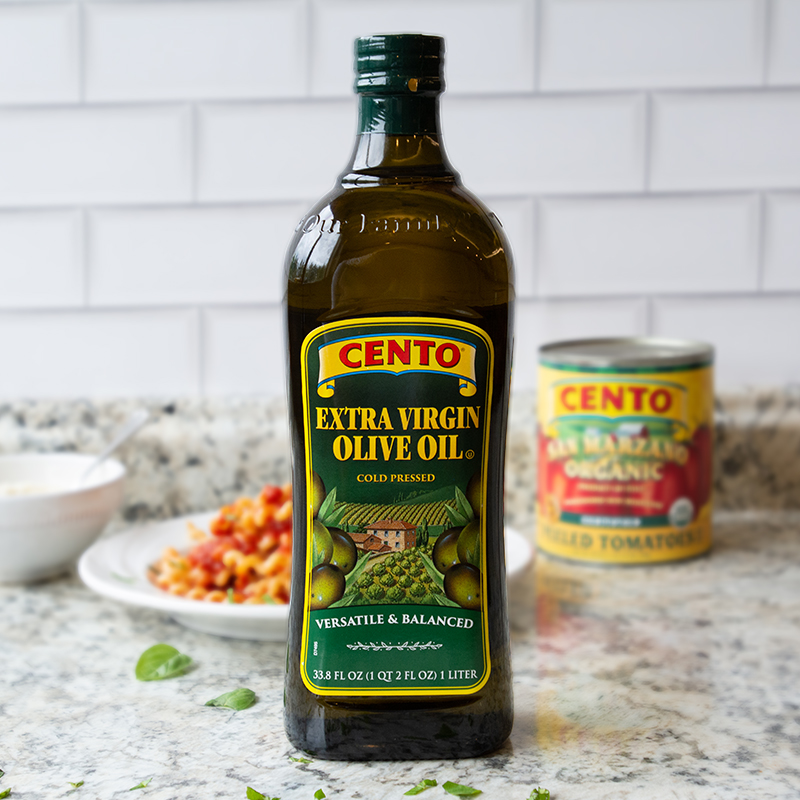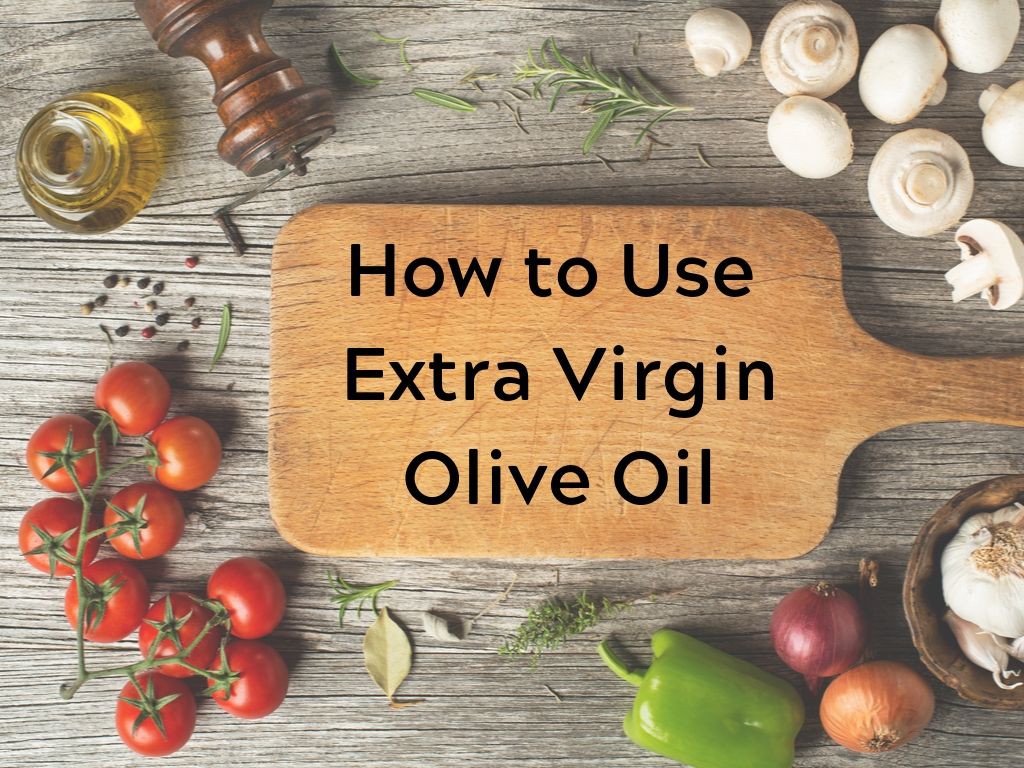Extra Virgin Olive Oil Benefits: The Natural Anti-aging Solution You've Been Searching For
Extra Virgin Olive Oil Benefits: The Natural Anti-aging Solution You've Been Searching For
Blog Article
Discovering the Different Sorts Of Olive Oil and Their Usages, Including Extra Virgin Olive Oil
The expedition of olive oil encompasses a varied array of types, each offering distinct flavors and cooking applications. Extra virgin olive oil, renowned for its superior top quality and health and wellness advantages, serves as a staple in lots of cooking areas, yet it is only one aspect of this diverse active ingredient.
What Is Olive Oil?
Stemmed from the fruit of the olive tree, olive oil is a staple in Mediterranean cuisine and an essential ingredient in numerous cooking applications. This functional oil is produced by pushing entire olives, resulting in a liquid that varies in scent, taste, and color depending on the kind of olives used, the area of cultivation, and the removal process. Olive oil is mostly composed of monounsaturated fats, particularly oleic acid, which is recognized for its potential wellness advantages, consisting of anti-inflammatory residential or commercial properties and cardiovascular support.
Along with its culinary uses, olive oil has a long history of application in conventional medicine and skincare, owing to its rich antioxidant content (extra virgin olive oil benefits). The oil is often used in dressings, marinades, and for cooking methods such as sautéing and roasting. Its distinct taste account can improve the preference of different meals, making it a necessary component for both home cooks and professional chefs
Furthermore, olive oil is celebrated for its duty in the Mediterranean diet regimen, which is connected with various health and wellness benefits. As recognition of these benefits grows, olive oil remains to gain appeal worldwide as an essential element of a healthy lifestyle.
Types of Olive Oil
Recognizing the numerous kinds of olive oil is essential for both health-conscious consumers and cooking lovers. Olive oil is classified largely based on its removal technique and quality, which dramatically affects its wellness, flavor, and scent benefits.

Light olive oil, in spite of its name, refers to a lighter flavor and not reduced calories. It is suitable for those seeking a more refined preference in dressings and marinates. In addition, there are flavored olive oils infused with natural herbs, spices, or citrus, which can enhance dishes without the demand for extra seasoning.
Each sort of olive oil offers particular cooking functions, and comprehending these distinctions enables consumers to make enlightened choices that straighten with their cooking designs and health and wellness goals.
Bonus Virgin Olive Oil
Extra virgin olive oil (EVOO) is extensively related to as the finest quality olive oil available, celebrated for its rich taste and various wellness benefits. To be identified as additional virgin, the oil must be created from fresh olives using mechanical processes, without making use of solvents or too much warm. This thorough method maintains the oil's natural flavors, anti-oxidants, and healthy fats, leading to an item with a low level of acidity degree of less than 0.8%.
EVOO is plentiful in monounsaturated fats, particularly oleic acid, which is linked to lowered inflammation and enhanced heart wellness. It also includes polyphenols, effective anti-oxidants that may provide safety effects against chronic illness. The taste profile of EVOO can vary dramatically depending on the olive range and area of manufacturing, varying from grassy and fruity to robust and peppery.

Culinary Utilizes of Olive Oil

In food preparation, olive oil can be utilized for sautéing, toasting, and grilling, offering a much healthier choice to butter or other fats. Its high smoke factor makes it appropriate for various cooking techniques, while its anti-oxidants add to a heart-healthy diet. Sprinkling olive oil over completed dishes, such as pasta, fish, or grilled veggies, can boost flavors and add a touch of elegance.
Moreover, olive oil plays a substantial function in baking, where it can change standard fats in recipes for bread and pastries, presenting wetness and a subtle preference. It likewise serves as a base for instilled oils, enabling chefs to experiment with tastes such as garlic, herbs, or chili, further broadening its other culinary possibility. Generally, olive oil's flexibility makes it essential in both home and specialist kitchen areas.
Choosing Top Quality Olive Oil
When choosing top quality olive oil, it's necessary to think about numerous essential factors that affect the item's wellness, flavor, and fragrance benefits. Opt for additional virgin olive oil (EVOO), which is acquired from the initial cold pushing of olives and has the highest levels of anti-oxidants and beneficial compounds. Try to find oils that are licensed by recognized organizations, as this commonly makes certain adherence to stringent high quality requirements.
The product packaging additionally plays a significant function in protecting the oil's stability. Pick oils saved in dark glass containers or tins to protect against light destruction. Take notice of the harvest date; fresher oils offer exceptional flavor and nutritional worth, so choose items that are within 18 months of their harvest.
Additionally, take Click This Link into consideration the beginning of the oil. High-quality olive oils frequently come from particular regions known for their distinct flavor profiles, such as Italian, Spanish, or Greek oils. Finally, understand the taste; a high quality olive oil should have an equilibrium of fruity, bitter, and sharp notes, showing its splendor and complexity. By reviewing these variables, you can guarantee you are selecting the finest olive oil for your culinary needs.
Verdict
In recap, the exploration of various kinds of olive oil exposes distinct features and applications, with additional virgin olive oil his response representing the peak of high quality due to its low level of acidity and high antioxidant material. Its versatility in cooking uses boosts flavors in dressings, marinades, and sprinkles. Understanding the various ranges of olive oil permits notified choices in food preparation methods, advertising healthier techniques while enriching the total gastronomic experience. Quality selection continues to be important for optimal benefits.
Obtained from the fruit of the olive tree, olive oil is a staple in Mediterranean food and a key component in numerous culinary applications.The most common kinds of olive oil consist of refined olive oil, pure olive oil, and light olive oil.Extra virgin olive oil (EVOO) is commonly pertained to as the highest high quality olive oil readily available, celebrated for its rich flavor and many wellness advantages. Opt for additional virgin olive oil (EVOO), which is obtained from the initial cold pushing of olives and has the highest levels of antioxidants and useful substances.In recap, the expedition of numerous kinds of olive oil discloses distinct characteristics and applications, with extra virgin olive oil representing the pinnacle of high quality due to its reduced acidity and high antioxidant content.
Report this page